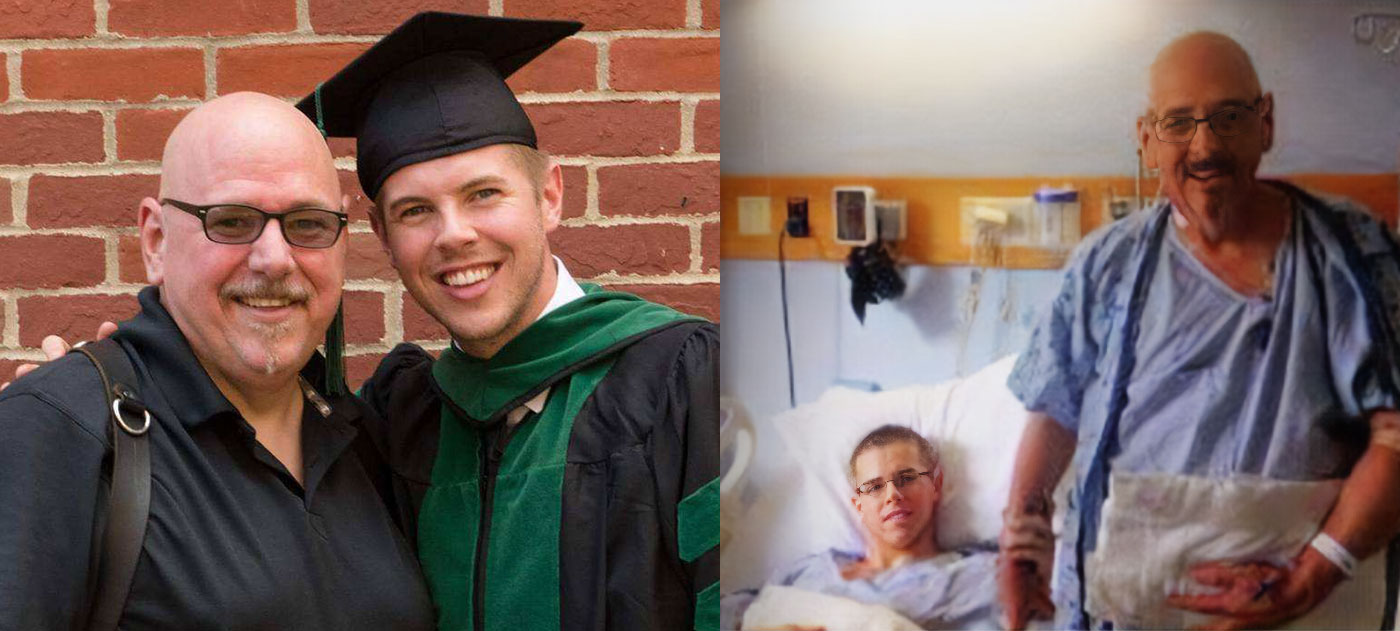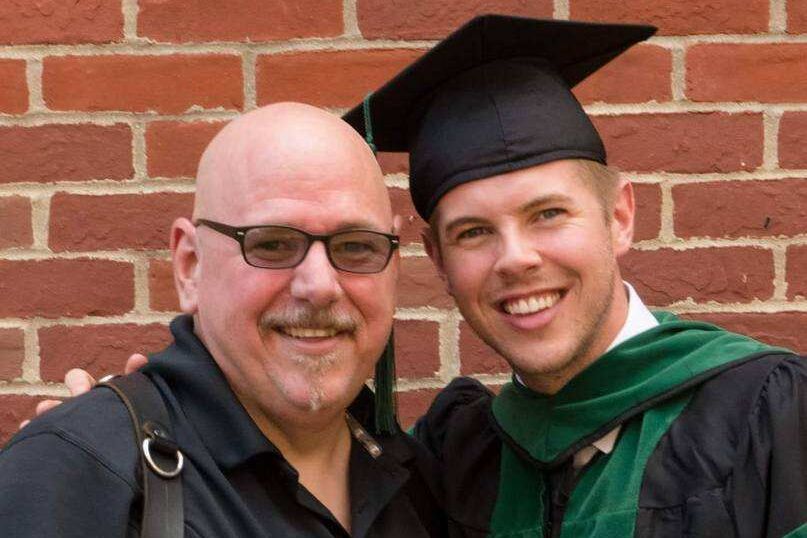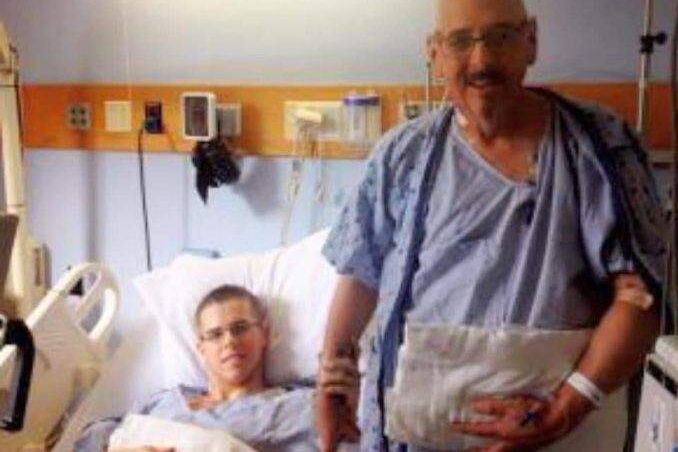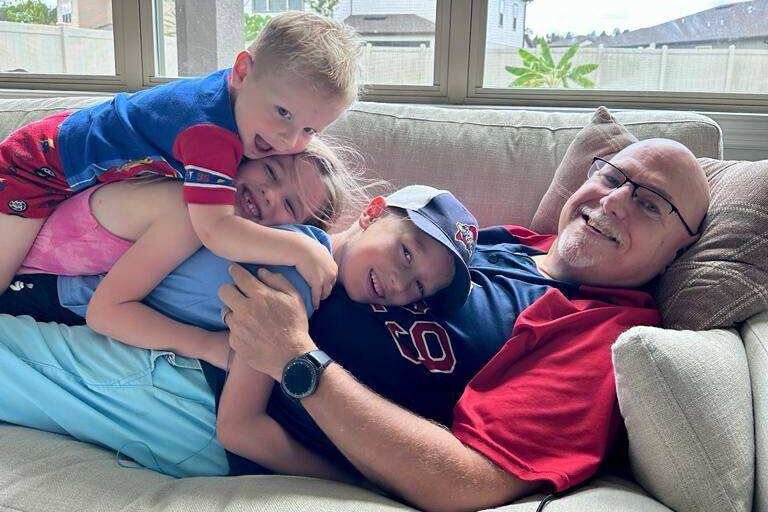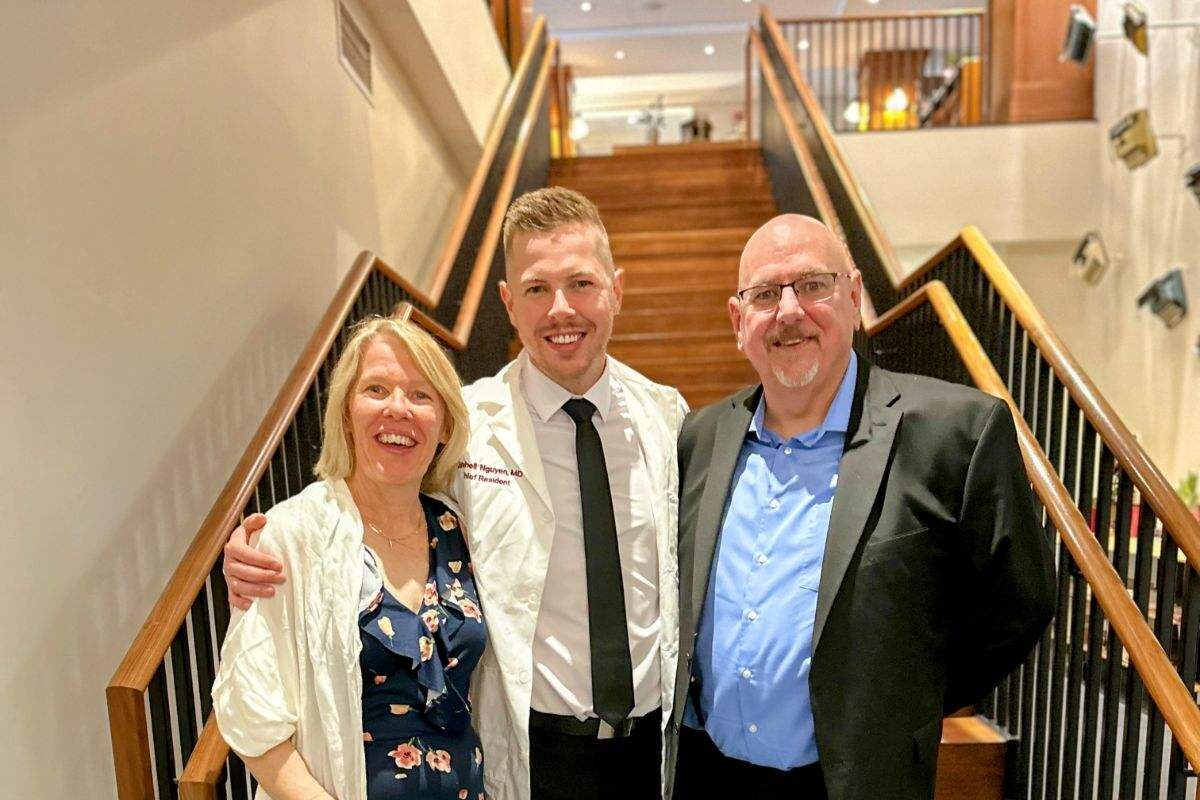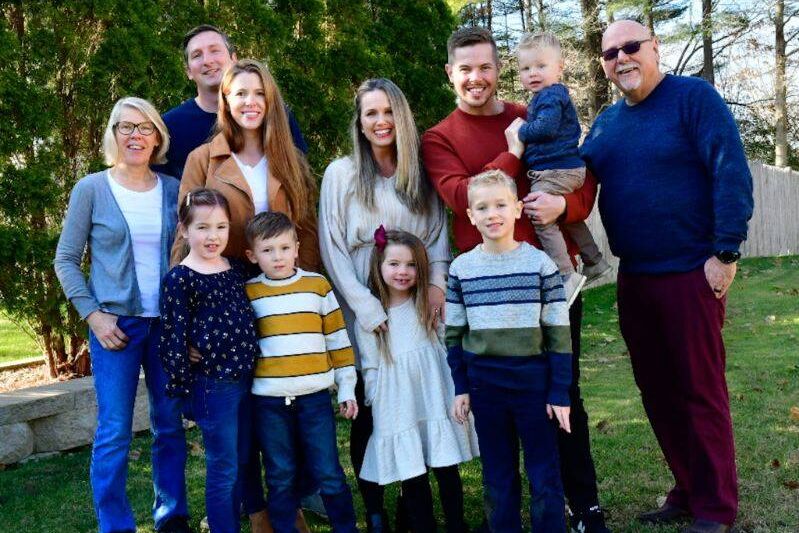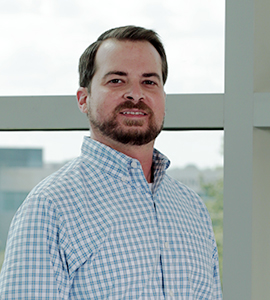From Son to Donor to Doctor
Growing up in Maine, Josh Linscott, MD, PhD a urologic fellow at Moffitt Cancer Center, remembers his father as a constant presence and supporter of everything he took on.
"My dad is somebody who was just always there for me," Linscott said. "We had a great relationship, which is something I really valued and try to recreate with my kids. I remember him coaching little league teams and just always being involved in whatever it was that we were doing."
Linscott recalls his parents, a pastor and a teacher, making countless sacrifices to ensure their children had what they needed to pursue their dreams.
"They really gave so much to see me achieve what I wanted to achieve," Linscott said. "They always sacrificed so that we could have whatever it was we needed to succeed, whether it was sports equipment when we were young or making college a possibility when the time came."
In 2012, during Linscott’s second year of his graduate program at Weill Cornell Medical College, his father was diagnosed with non-alcoholic fatty liver disease. He quickly fell ill and within a year needed a liver transplant.
For some, a liver transplant offers the unique opportunity for a living-donor transfer. A donor can give up to 60% of their liver, and the remaining portion will regenerate and return to its normal size within a few months. The recipient’s partial liver will also grow into a complete organ. Linscott saw this as a chance to give back to someone who had given so much to him.
“There are so many times when loved ones are sick and there's nothing we can do,” he said. “It just felt like this was something where I could be involved and feel like part of the solution.”
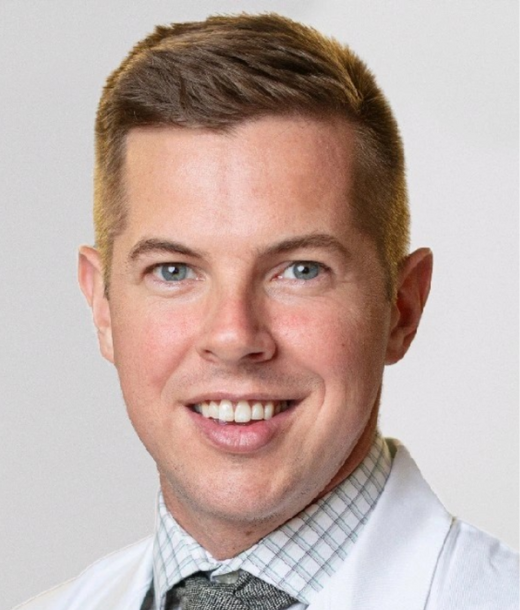
The donation was a success and Linscott woke up in the hospital with a new perspective, intent on entering the field of medicine. "After donating my liver, I realized maybe it wasn't too late at 25 to change careers.”
Linscott began the journey to become a surgeon, focusing on urologic cancers. "I think my draw to urologic cancers was a combination of the fact that many of our patients do really well and you can build long-term relationships with them," he said.
Last year, the story came full circle as Linscott’s father underwent treatment for prostate cancer. "I tease him now that I'm glad he took an interest in everything we liked as kids, but once it comes to cancer, let’s stop there," Linscott joked.Despite his recent cancer diagnosis, Linscott’s father continues to enjoy a much-improved lifestyle. "He takes care of himself, enjoys the little things, and is an awesome grandfather. He's still at every little league game," he said.
In recognition of his outstanding contributions to the field, Linscott recently received the Urology Care Foundation Research Scholar Award, an accolade that underscores his dedication to impacting advancing urological cancer research and treatment.
As Linscott continues to impact lives through his work in urological oncology, his father’s legacy of support and resilience lives on, inspiring him every day as he interacts with patients.


